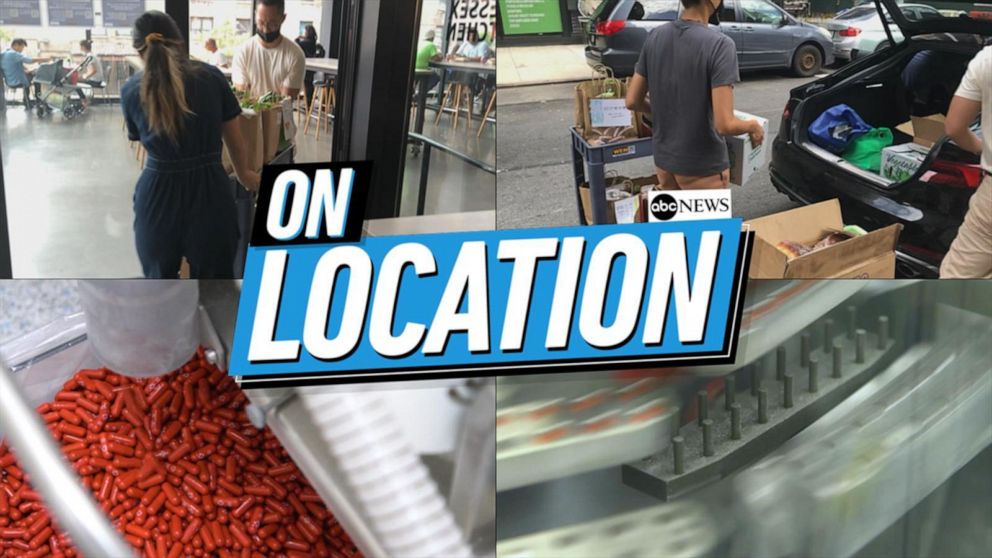
Antibody tests for COVID-19 remain popular in Russia
ABC News
When Russians discuss the coronavirus, the talk often turns to “antitela.”
MOSCOW -- When Russians talk about the coronavirus over dinner or in hair salons, the conversation often turns to “antitela,” the Russian word for antibodies — the proteins produced by the body to fight infection.
Even President Vladimir Putin referred to them this week in a conversation with his Turkish counterpart Recep Tayyip Erdogan, bragging about why he avoided infection even though dozens of people around him caught the coronavirus, including someone who spent a whole day with the Kremlin leader.
“I have high titers,” Putin said, referring to the measurement used to describe the concentration of antibodies in the blood. When Erdogan challenged him that the number Putin gave was low, the Russian insisted, “No, it's a high level. There are different counting methods.”
But Western health experts say the antibody tests so popular in Russia are unreliable either for diagnosing COVID-19 or assessing immunity to it. The antibodies that these tests look for can only serve as evidence of a past infection, and scientists say it's still unclear what level of antibodies indicates protection from the virus and for how long.
